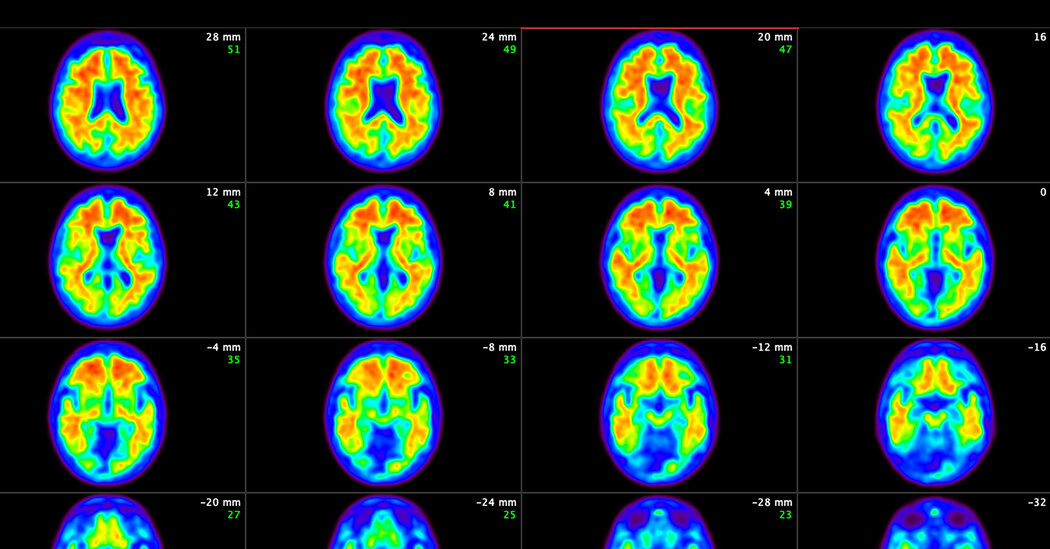
A committee of independent advisers to the Food and Drug Administration voted unanimously on Monday that the benefits outweigh the risks of the newest experimental drug for Alzheimer’s disease.
Alzheimer’s afflicts more than six million Americans. It has no cure, and there is no treatment or lifestyle modification that can restore memory loss or reverse cognitive decline.
The drug, made by Eli Lilly, is donanemab. It modestly slowed cognitive decline in patients in the early stages of the disease but also had significant safety risks, including swelling and bleeding in the brain.
The committee concluded, though, that the consequences of Alzheimer’s are so dire that even a modest benefit can be worthwhile.
The F.D.A. usually follows the advice of the agency’s advisory committees but not always.
The drug is based on a long-held hypothesis that Alzheimer’s disease begins when rough hard balls of amyloid, a protein, pile up in patients’ brains, followed by a cascade of reactions leading to the death of neurons.
The idea is to treat Alzheimer’s by attacking amyloid, clearing it from the brain. Two similar amyloid-fighting drugs were approved recently: Leqembi, made by Eisai and Biogen, was approved last year. That drug’s risks and modest benefits are similar to those of donanemab. Aduhelm, made by Biogen, is the other drug and was approved in 2021 but was discontinued because there was insufficient evidence that it could benefit patients.
